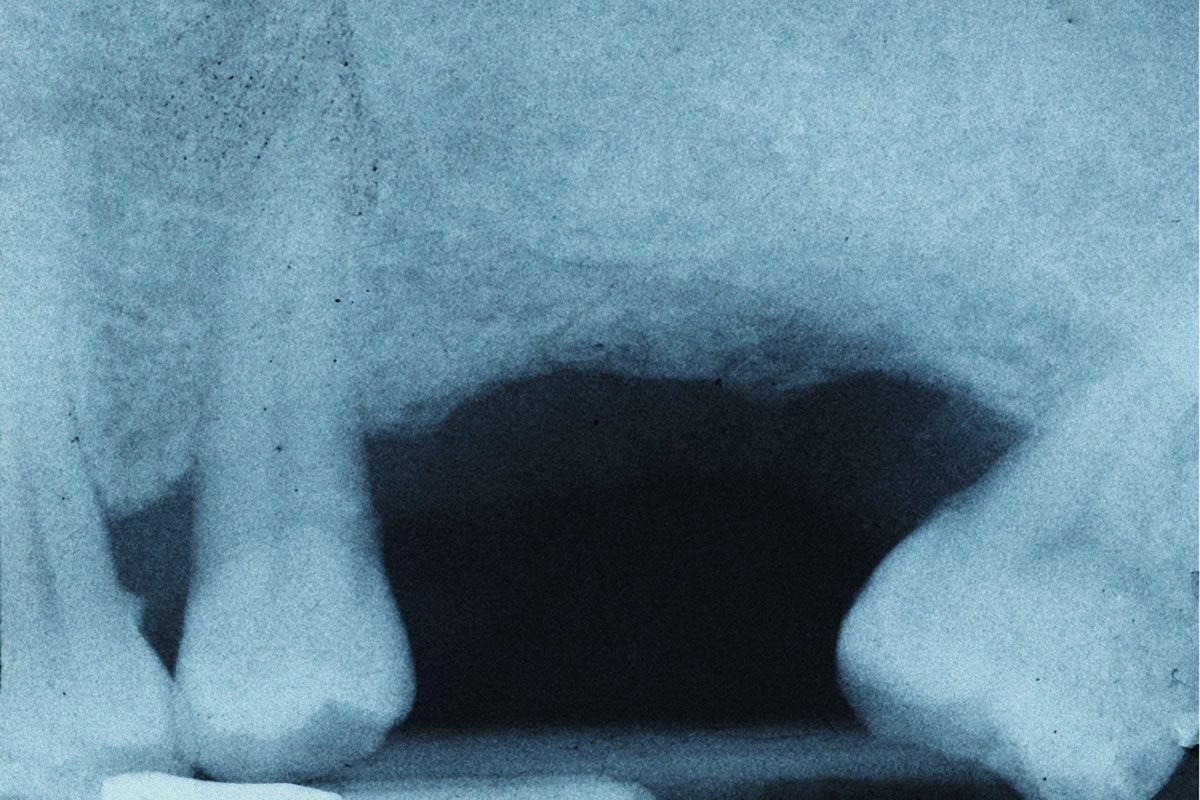If you’ve never lost a tooth or needed a crown, then you’ve probably never visited a prosthodontist. Prosthodontistry is a dentistry specialty focusing on missing teeth. These trained medical professionals treat a variety of oral issues, and provide specialized care that suits each patient’s particular dental needs. Read on to learn what Prosthodontists do.
Prosthodontistry: An Overview
Prosthodontistry is a field of dental care that specializes in restoration. Specifically, a prosthodontist works with fixing issues that have to do with tooth loss or jaw problems. You would see a prosthodontist if you needed dentures or were having a prosthetic tooth inserted into a spot where you lost a tooth.
Prosthodontists deal with both the appearance and the function of your teeth and gums. Along with fixing dental problems so that you have a functional bite, prosthodontists also work to ensure that your teeth look natural and attractive. If you have any extensive dental surgery, a prosthodontist is probably going to be involved.
How Prosthodontists Differ From Dentists
Prosthodontists focus on highly specific areas of dentistry and restoration, while dentists do all the basics associated with keeping your teeth functional and healthy. A dentist will often refer you to a prosthodontist for work that’s outside general dentistry. Think of the distinction the way you imagine the difference between your family doctor and an orthopaedist.
Prosthodontistry Education
A prosthodontist attends four years of dental school to become a Doctor of Dental Surgery (DDS) or a Doctor of Dental Medicine (DMD). After acquiring one of these degrees, a dentist goes to an additional three years of school accredited by the American Dental Association (ADA) for prosthodontistry. This is similar to the medical residency that a doctor goes through to achieve a specialization.
What a Prosthodontist Treats
Prosthodontists treat a variety of issues, most of which revolve around missing teeth. Prosthodontists also help with cleft palates, snoring disorders, and sleep apnea, in addition to oral injury treatment. In severe cases, prosthodontists work with other dental professionals as part of a treatment team.
Tooth Reconstruction
When you’ve had damage to your teeth because of trauma, decay, or other factors, a prosthodontist works to restore the appearance and function of those teeth. When you’ve had a root canal and needed a crown, a prosthodontist is the one who put that crown on your teeth. When you hear about celebrities getting porcelain veneers, they visited a prosthodontist for those thin ceramic cosmetic teeth caps.
Prosthodontists also use bonding agents to change the shape of your teeth. You might get this procedure to close a small gap between your teeth, to reshape a misshapen tooth, or to change the appearance of your smile in some other way.
Bridges and Implants
If you’ve lost one or more teeth, a prosthodontist might choose a bridge as the best tooth replacement method for your case. A bridge is one or more crowns linked together to create a single unit. This bridge then gets fixed to the healthy teeth on either side of the gap. The appearance is that of healthy teeth with no gaps or missing teeth. Keep in mind that with bridges, you need to follow special care instructions and have them cleaned regularly.
Implants have replaced bridges as the popular and preferred method for dealing with missing teeth. A prosthodontist will create a dental implant for you which consists of a titanium post and a false tooth. The prosthodontist might hand off the actual surgical procedure to another specialist, but the prosthodontist is the one who designs the implant for you. The titanium post is fused with your jaw bone, which creates a stable and lifelike false tooth that’s difficult to tell apart from your other teeth.
Dentures
When you’re missing all or a significant portion of your teeth, a prosthodontist will likely recommend dentures to you. False teeth fit your mouth in a variety of ways, including clipping to implants or your existing teeth. You work with a prosthodontist to find a denture solution that’s comfortable for you. The best dentures are designed to appear real and fit comfortably. Some patients find wearing dentures difficult; many people adjust well to their dentures and wear them daily.
TMJ Disorder
Temporomandibular Joint Disorder, or TMJ disorders, are extremely painful and happen when your jaw joint’s nerves become inflamed. Patients with severe TMJ issues often see prosthodontists for solutions to reduce or eliminate the pain. Many prosthodontists recommend bite guards (also called stabilizing splints) for TMJ to lessen the pressure on the joint. Your prosthodontist might also recommend a physical therapy regimen, or prescribe you medication to help with the pain.
If you need this kind of dental work, always seek out the services of a licensed prosthodontist. Someone with the proper training will give you the best results, creating better dental health and preventing more serious problems at a later time.




 December is finally here, and if you’re not already hyped about the holidays, you’re about to […]
December is finally here, and if you’re not already hyped about the holidays, you’re about to […]

